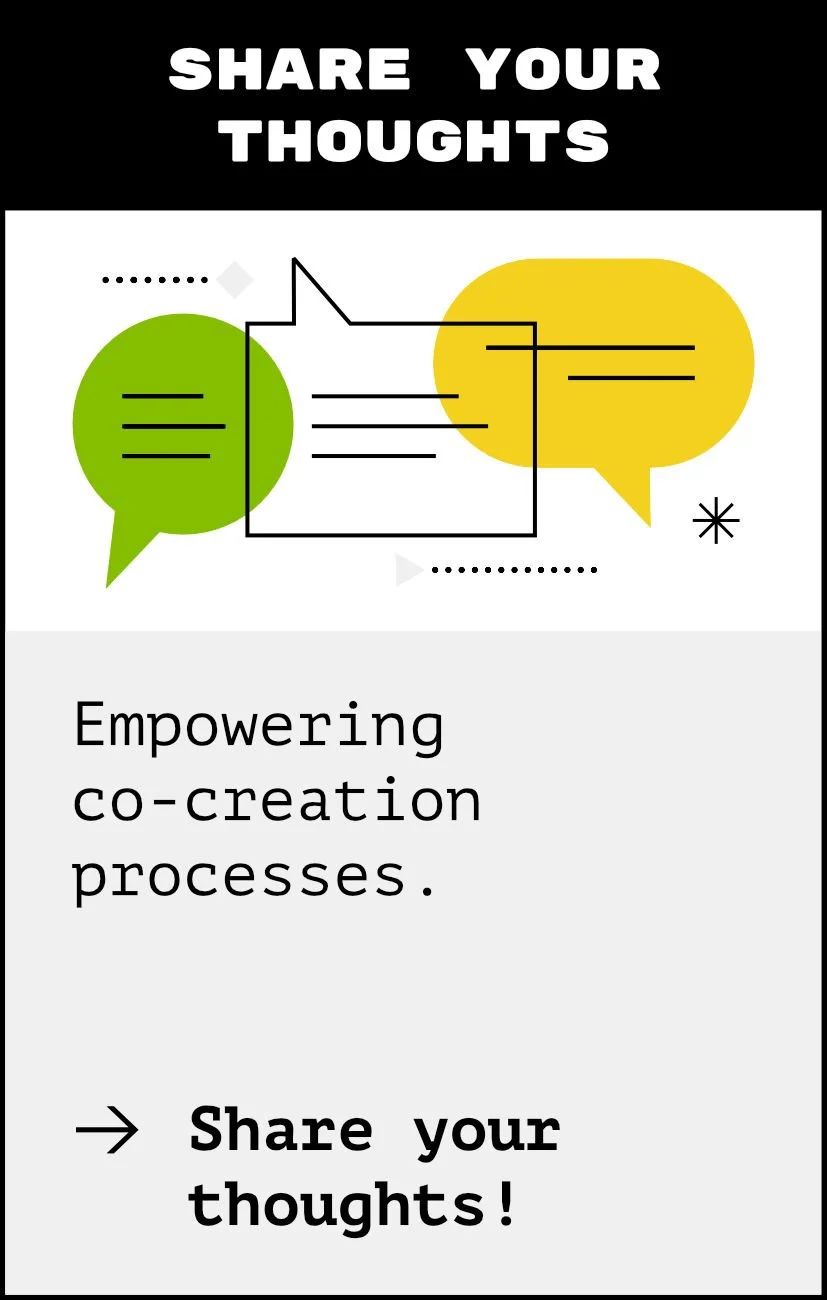Skills & Knowledge
Your wellbeing economy visioning journey is likely to start with assembling your core team. There are several skills and types of knowledge you might like to prioritise within the core team, such as:
Skills
Design and facilitation of participatory visioning sessions
Stakeholder management and relationship building
Project management
Communication
Cultural and language skills relevant to the communities you intend to work with
Patience and active listening
Knowledge
Sustainable and inclusive economic development
Wellbeing economy theory and practice and other forms of post-growth economic thinking (see Module 1.5)
Systems thinking
Policy development and implementation
Local knowledge of stakeholders, institutions,
cultural norms, practices, and history
As much as possible, try to make sure that your team is diverse, both in terms of knowledge and skills as well as other characteristics such as age, gender and ethnicity. A diverse team will help encourage participation of diverse groups in the visioning process.
Spend time as a team to make sure that you agree on what the visioning process is aiming to achieve and your ways of working:
What are the intended outcomes of the process?
What are the principles and values that guide the participatory process?
Who are your organising partners?
How will participants’ input be used and how can the participatory process give back as much as it takes (e.g., in terms of participants' time and energy)?
How can the visioning process empower participants and serve as a starting point for building new coalitions of change makers?
Depending on the scope of your visioning process and the size of your community, you may want to consider establishing both a small project team for the day-to-day coordination of the visioning process as well as a larger advisory board that can feed into the process design based on a broader set of relevant perspectives, knowledge and skills.
Share your thoughts
Think about the most empowering co-creation process you’ve been part of. What made it empowering?

